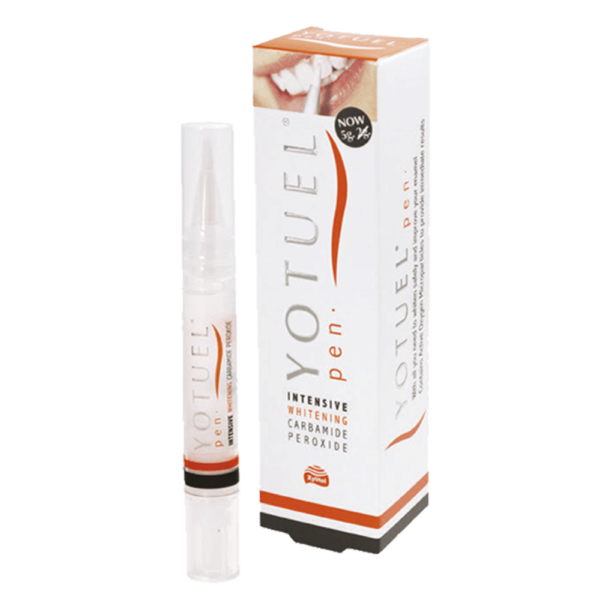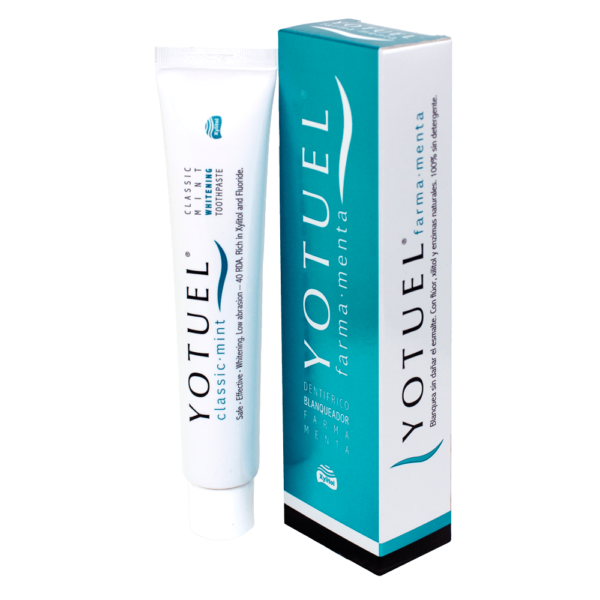Depression, a very common affective disorder, also harms health and oral hygiene care.
In the same way that a depression weakens us emotionally by filling us with sadness, this situation causes a lack of interest in everything that surrounds us, including our health and oral care.
In this sense, the neglect of our mouth causes the appearance of cavities, periodontal diseases and even the fall of teeth.
In addition, other depression-related oral health problems include gingivitis, periodontitis, oral candidiasis, xerostomia (dry mouth), oral lesions, and TMJ (temporomandibular joint) problems.
In this sense, it is important to indicate that many of these problems are related to the intake of antidepressant medications.
How depression affects oral health?
In summary, and after knowing the consequences of depression on our oral health, we focus on the four keys to watch out for this disorder.
- Hygiene neglect: The lack of an oral hygiene routine with at least two daily brushings using fluoride toothpaste will favor the appearance of bacterial plaque, caries and periodontal pathology.
- Diet: Not taking care of the diet and conforming it to ultra-processed, packaged, pre-cooked products, as well as the intake of carbonated drinks, will give rise to the appearance of problems in our oral health.
- Medications: Medicines recommended for this type of disorder, such as antidepressants, have xerostomia as a side effect, that is, reduced saliva, as well as the sensation of dry mouth.
- Dental abandonment: The lack of encouragement caused by depression is usually accompanied by the abandonment of oral care, increasing the chances of suffering pathologies.
Do you want to know more interesting news about your oral health? Follow our Healthy Smiles blog every month.

















